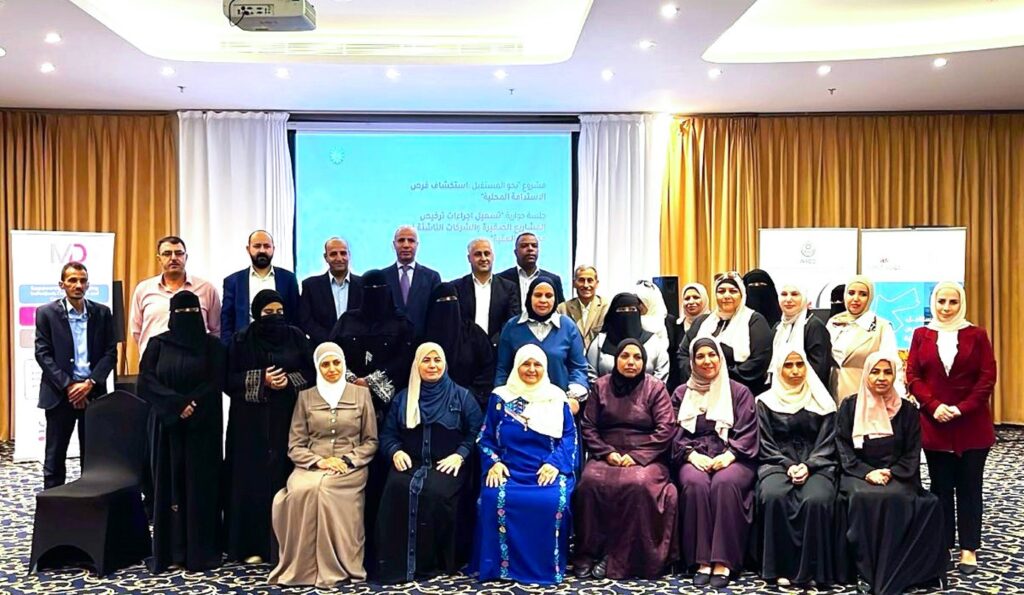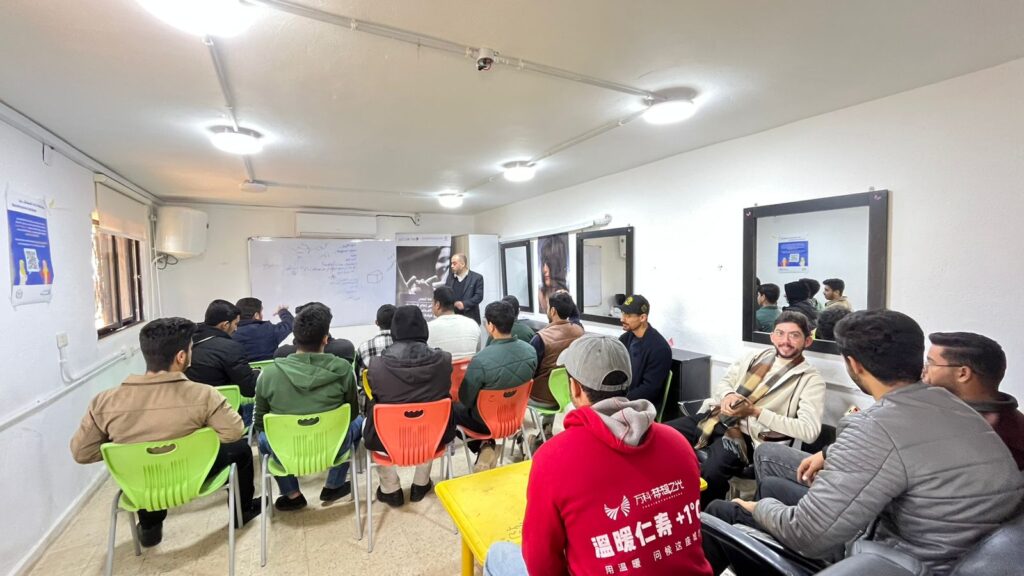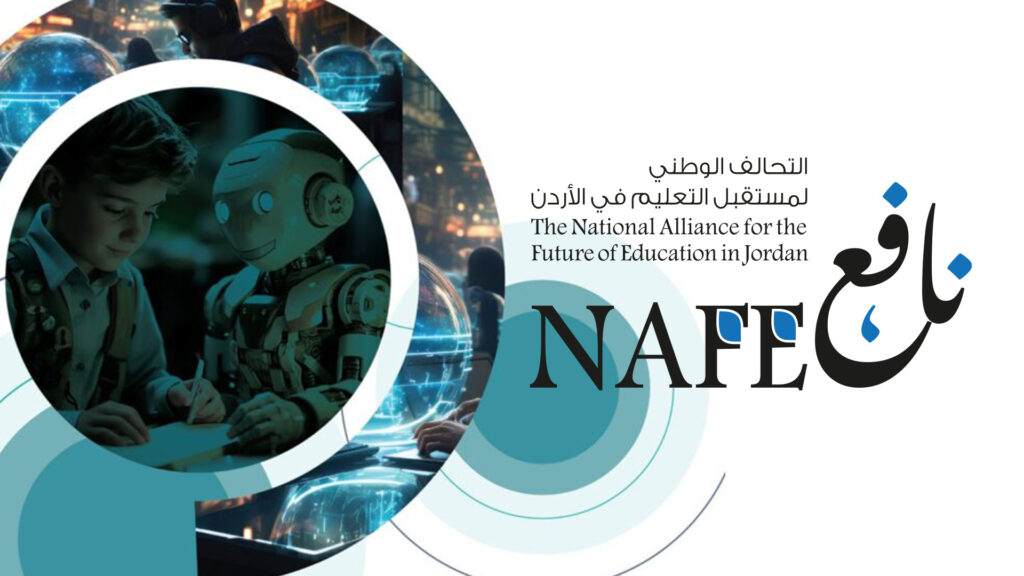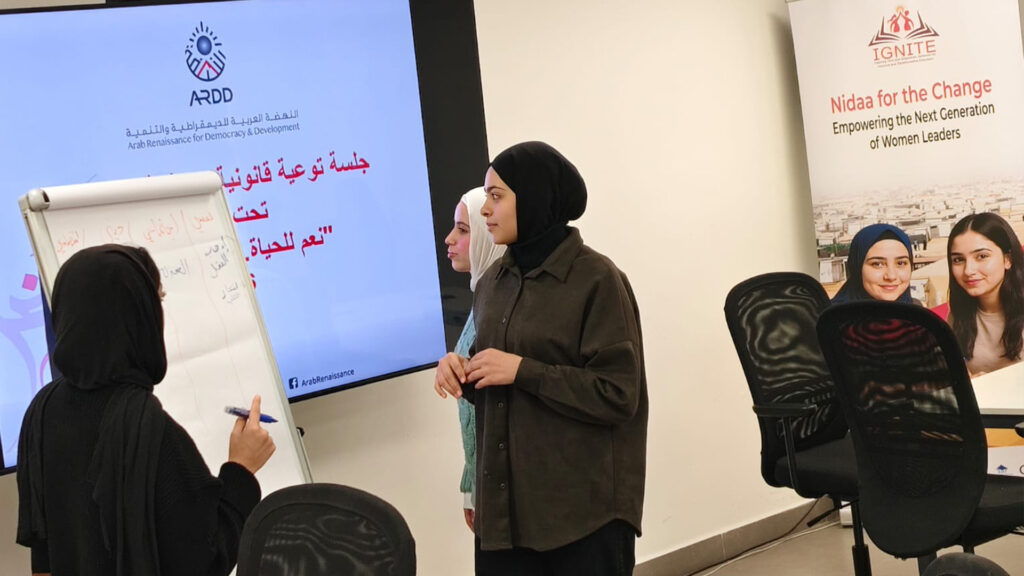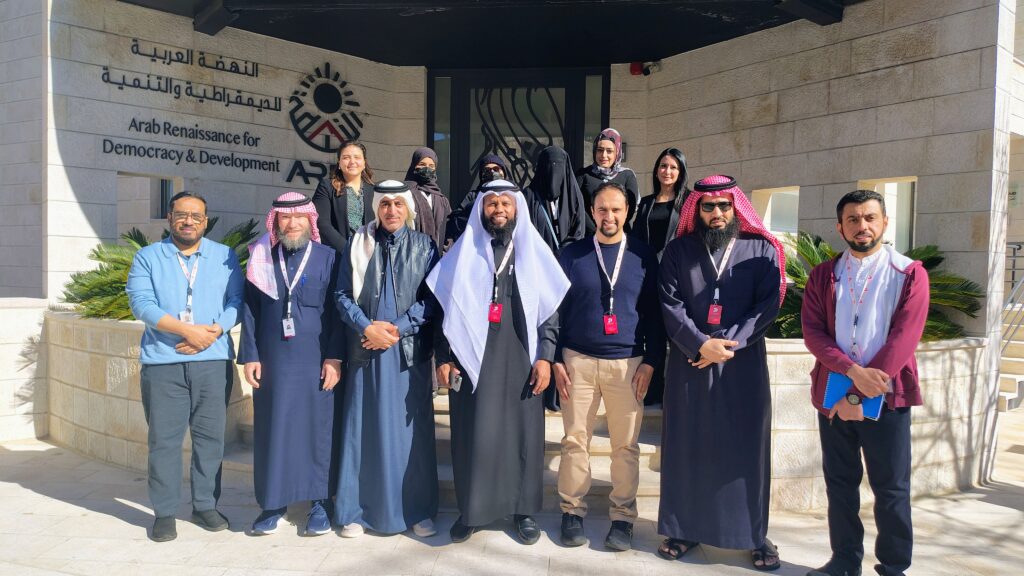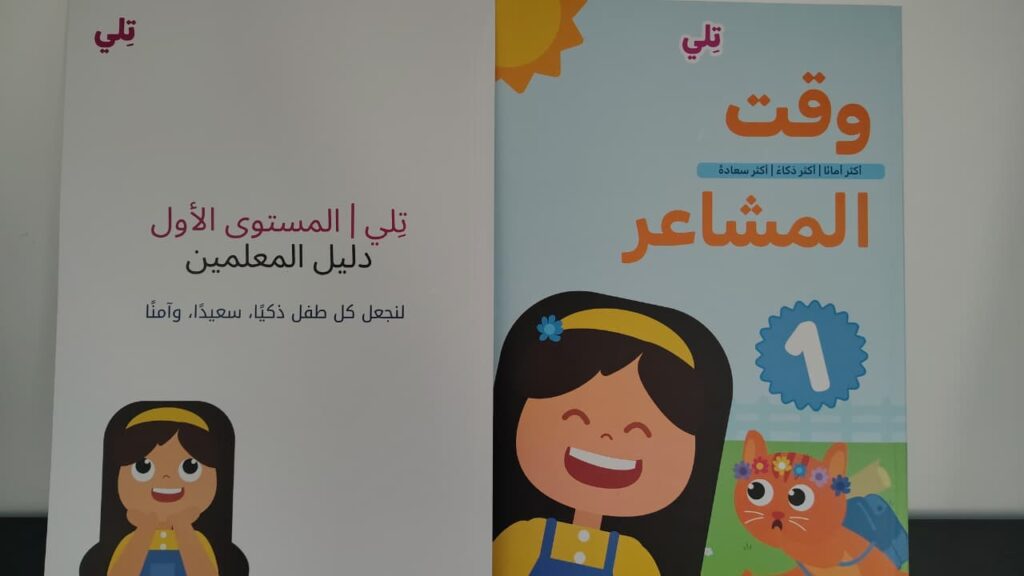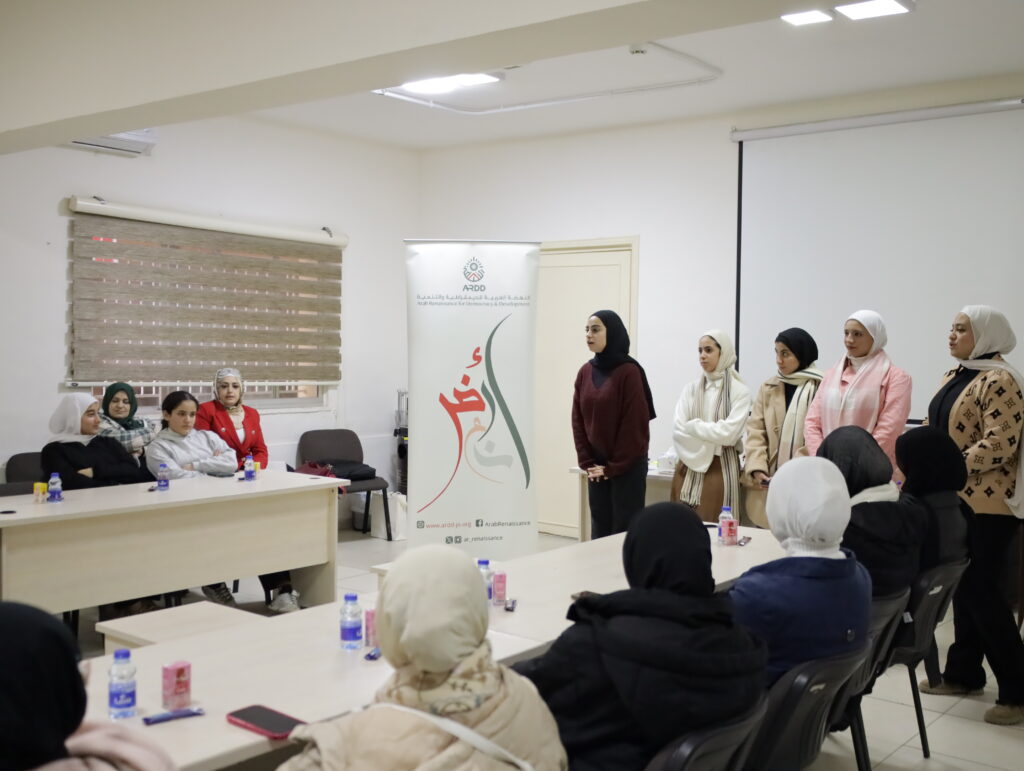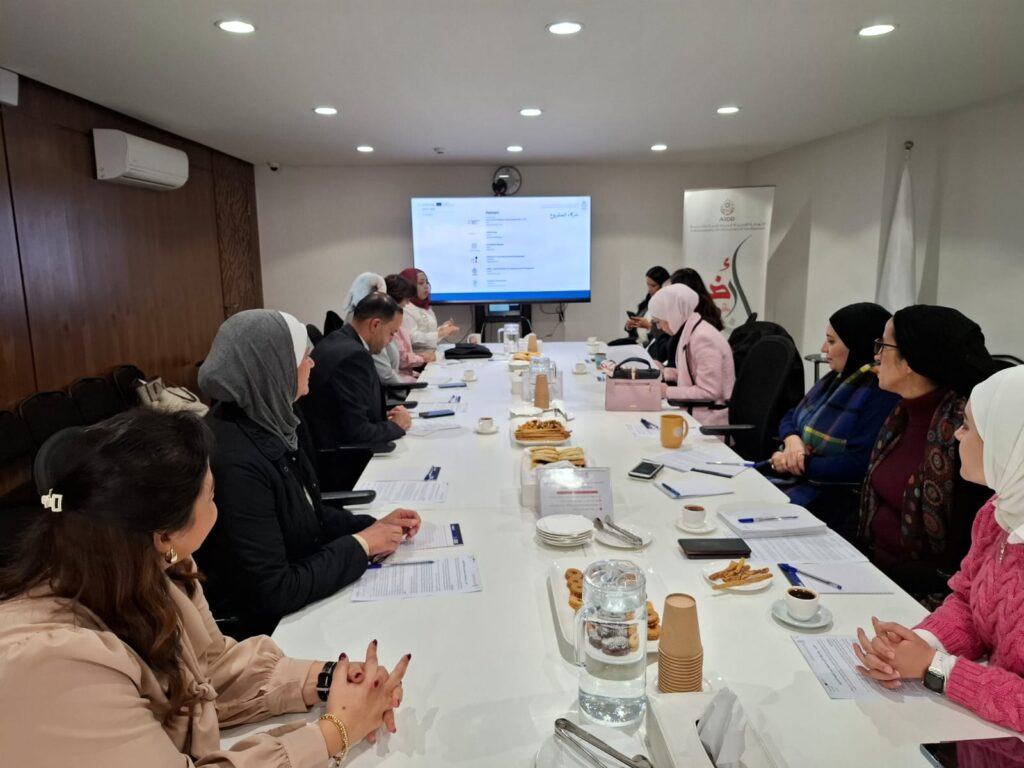As part of advocacy efforts aimed at strengthening the localization of humanitarian and development work in the field of livelihoods—efforts developed within the framework of the project “Future Forward: Unlocking Sustainable Local Opportunities”, implemented by the Arab Renaissance for Democracy and Development (ARDD) in cooperation with the Jordan National NGOs Forum (JONAF), and funded by the European Regional Development and Protection Programme in support of Jordan and Lebanon—
a group of local associations within the JONAF coalition, namely the Women’s Association of the Disi Basin Villages, the Jordanian National Women’s Committee Network, Durra Al-Manal for Development and Training, and Al-Amal Association for Social Development, held a dialogue session in Aqaba Governorate titled “Facilitating Licensing Procedures for Small Businesses and Startups”, under the patronage of Senator Sharhabeel Madi.
The session addressed the challenges faced by small businesses and startups in the licensing process and ways to address them to enhance the empowerment of these projects and support their contribution to achieving sustainable development. It discussed the main legal, procedural, and financial obstacles and presented practical proposals to improve the licensing environment, such as enhancing specialized training, developing marketing methods, and encouraging entrepreneurial and non-traditional projects. Participants also shared their experiences and relationships with donor bodies—particularly the Development and Employment Fund—and discussed ways to overcome obstacles facing business owners.
Senator Sharhabeel Madi pointed out that women’s participation in economic activities remains below expectations, at around 13%, stressing that the state seeks to raise and expand this percentage in line with the Economic Modernization Vision.
For her part, Qutna Al-Zawaideh, President of the Women’s Association of the Disi Basin Villages, emphasized that women and youth in the south, especially in Aqaba, possess strong determination to develop their projects, but face bureaucratic, financial, and procedural challenges, as well as burdens related to licensing. She noted Jordan’s need for young energy to engage in building and development, aiming for a more equitable local economy that better meets people’s needs.
Participants stressed the need to reduce local licensing requirements, as the current regulations place an additional burden on small and medium-sized enterprises, and that easing these procedures would allow projects to focus on developing their work. They also called for lowering taxes and adopting a flexible legal framework that gives projects greater growth opportunities.
Regarding the legal framework, participants highlighted the importance of providing practical and tangible government policies that offer necessary incentives, streamline procedures, and establish clear legislation that promotes sustainability and increases job opportunities. They also emphasized the need to study the long-term impact of legislation to support the national economy and encourage investment.
Interventions also agreed on the importance of reducing the financial burdens associated with registering small businesses, as high fees and complex registration procedures discourage many from pursuing licensing, limiting these projects’ expansion and transition into the formal sector.
At the conclusion of the dialogue session, participants agreed that implementing these recommendations would contribute to launching broader initiatives focused on social enterprises and enabling local organizations to lead advocacy efforts for policies that support community-led, resilient livelihoods—ultimately influencing policy-making and decision-making toward building a strong national economy driven by local capacities.

